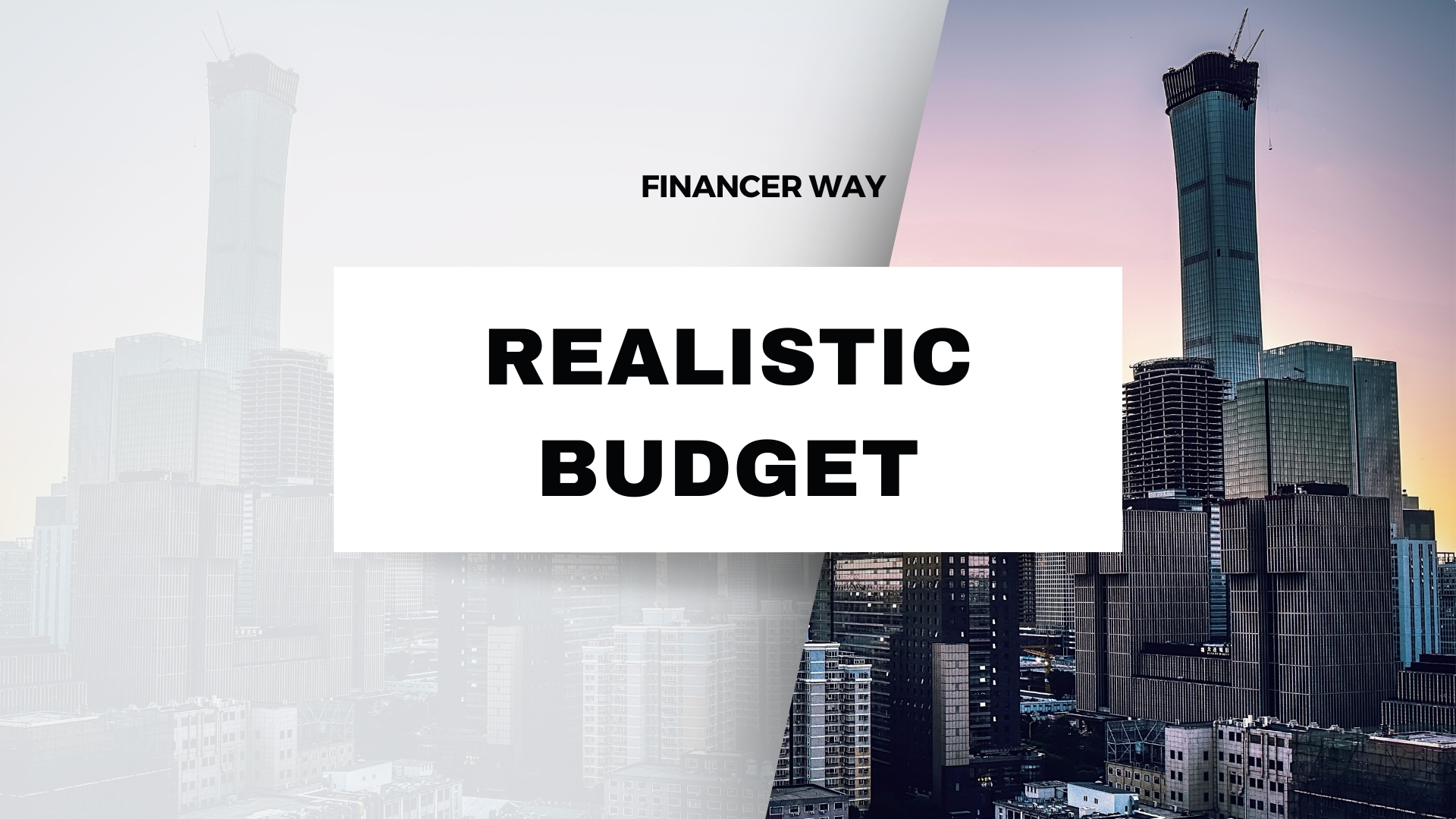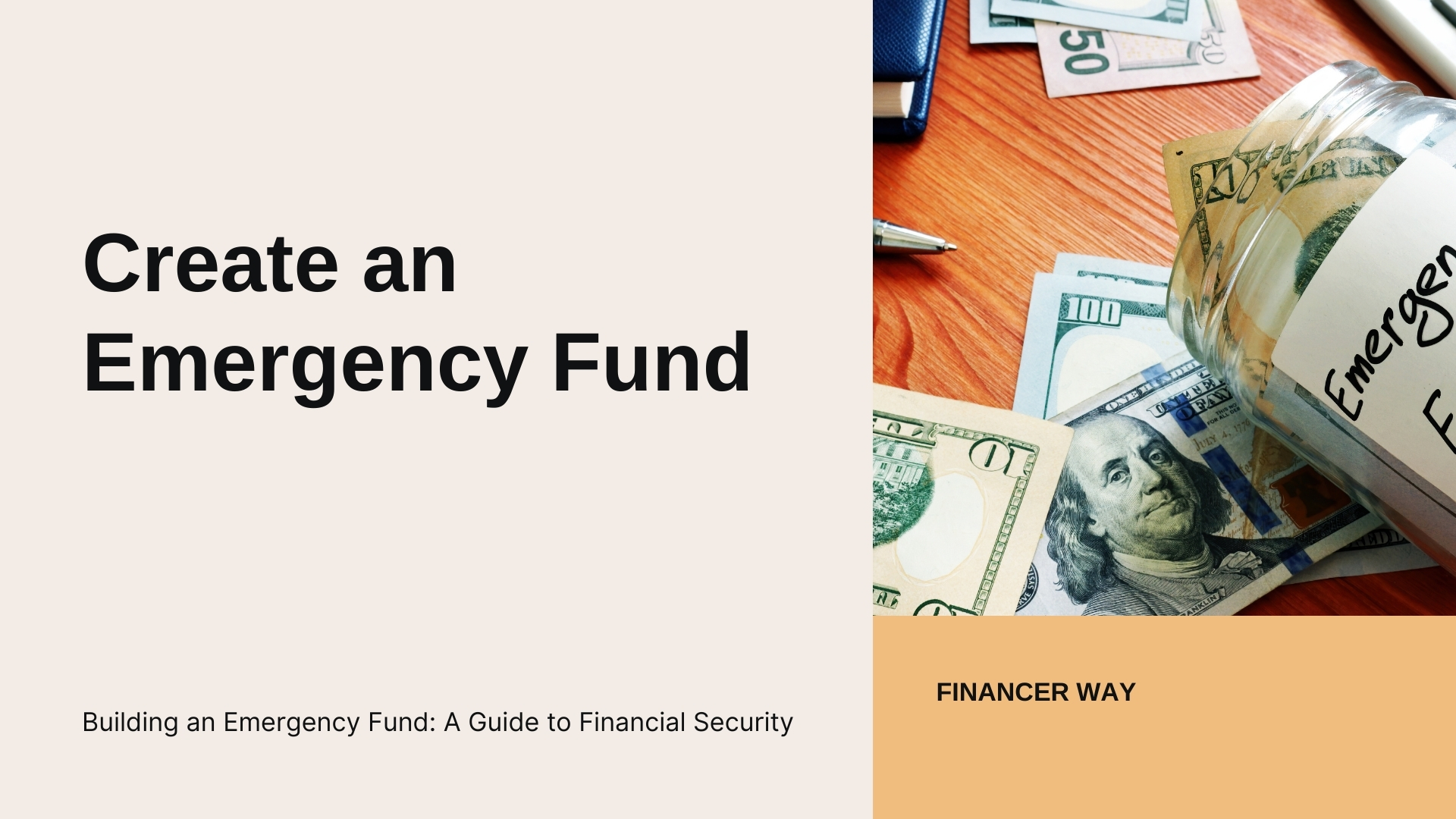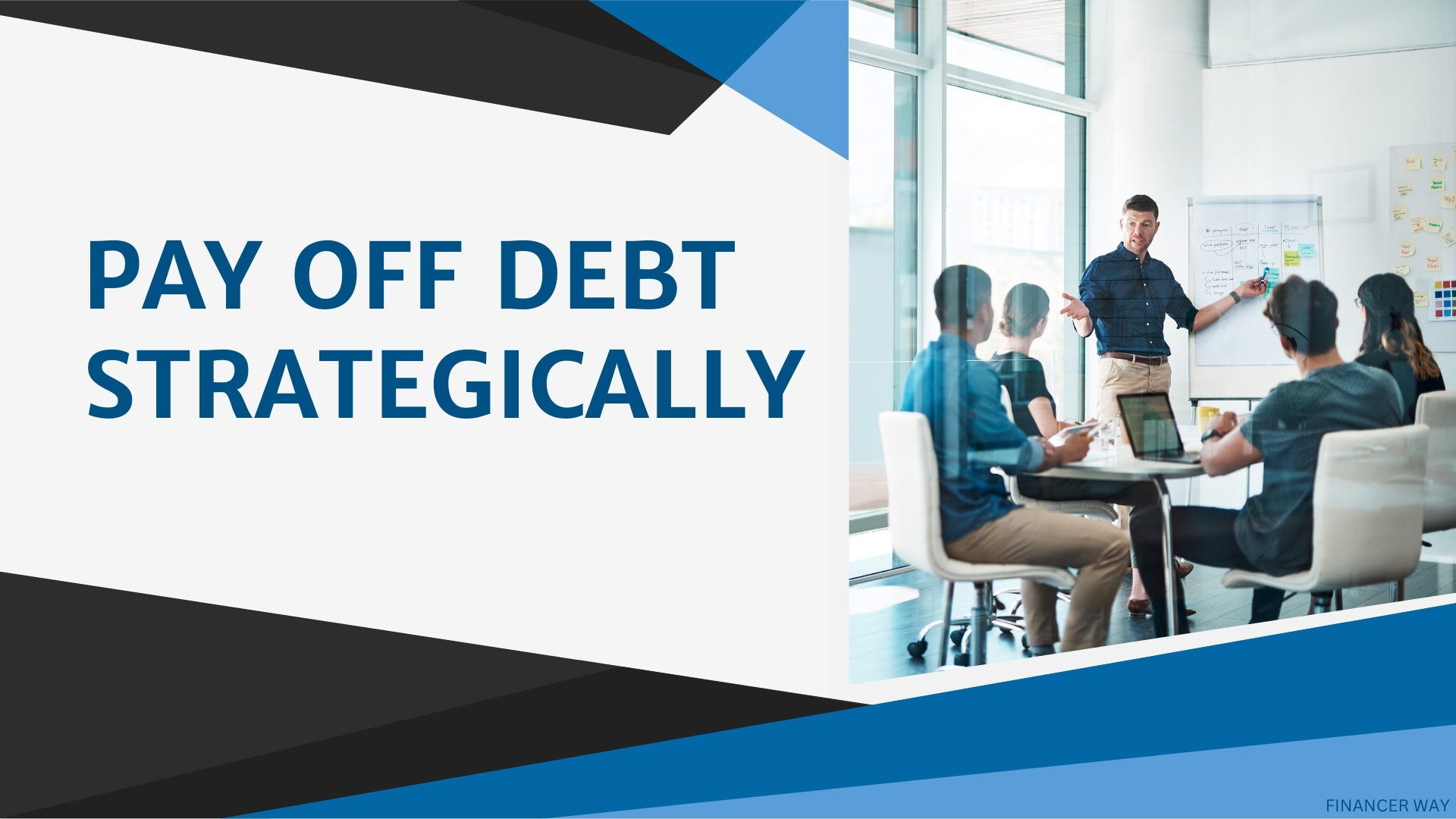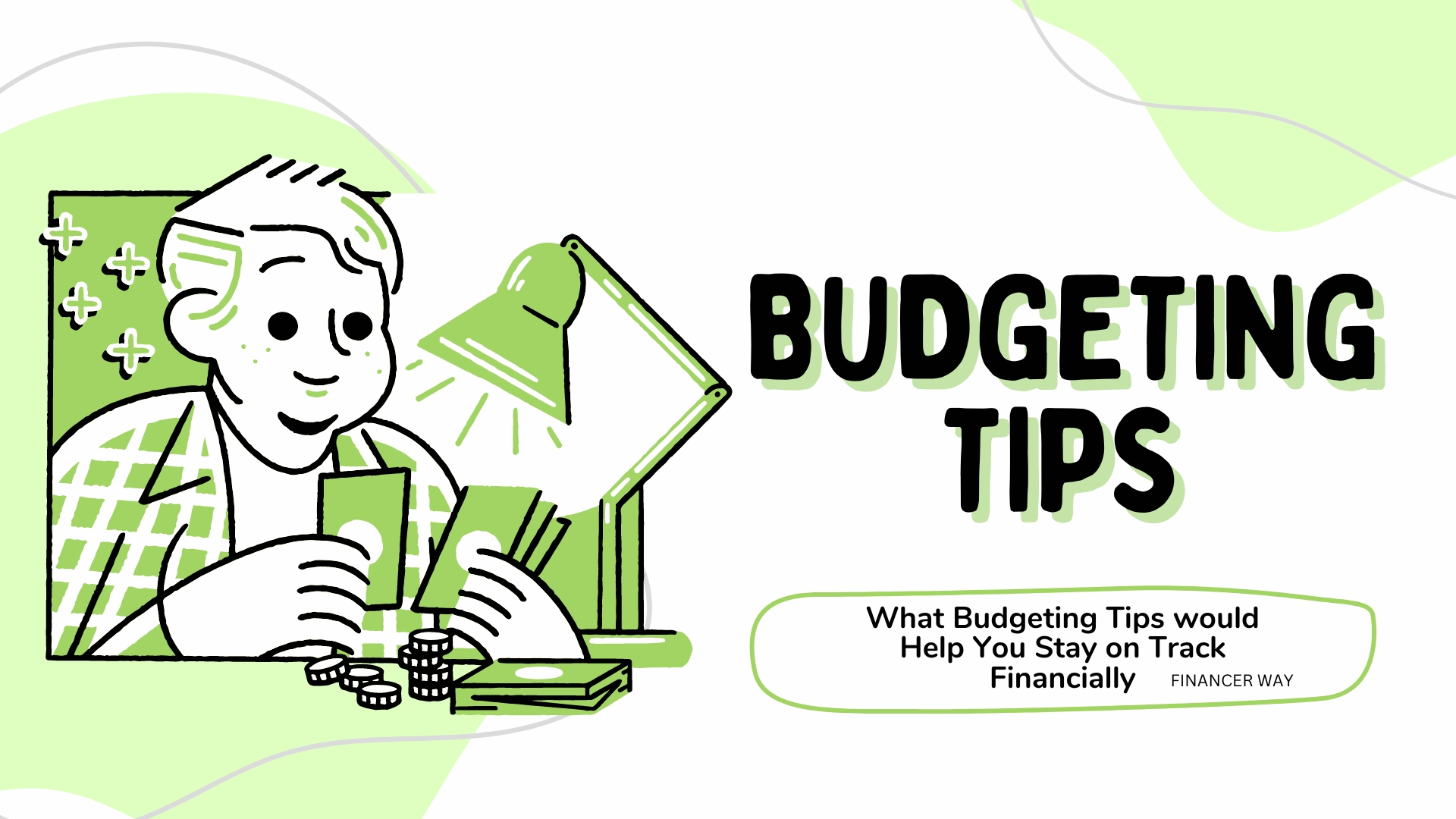“Discover essential budgeting tips to stay on track financially and achieve your goals. Master your finances with expert advice.”
In today’s fast-paced world, it is more important than ever to manage personal finances effectively. With the large amount of expenses we face every day, an effective budget becomes the cornerstone of success and financial stability. Whether you want to save for your dream vacation, make a down payment on a house, or simply build an emergency fund, strategic budgeting is the key to achieving your financial goals. Let’s take a look at some proven budgeting tips to help you stay on track financially.
Set Clear Financial Goals
Before you begin your budgeting journey, it’s important to set clear financial goals. Ask yourself what you want to achieve financially in the short and long term. Whether it’s paying off debt, saving for retirement, or investing in your future, having specific, measurable goals will give you motivation and direction.
Keep Track of Your Expenses
| Category | Budgeted Amount ($) | Actual Amount ($) | Difference ($) |
| Income | 3,500 | 3,500 | 0 |
| Housing | 1,200 | 1,200 | 0 |
| Utilities | 150 | 160 | -10 |
| Groceries | 300 | 280 | 20 |
| Transportation | 200 | 200 | 0 |
| Dining Out | 150 | 170 | -20 |
| Entertainment | 100 | 80 | 20 |
| Savings | 500 | 500 | 0 |
| Debt Payments | 250 | 250 | 0 |
| Miscellaneous | 100 | 120 | -20 |
| Total Expenses | 3,950 | 3,960 | -10 |
One of the most effective budgeting techniques is to diligently track your expenses. Keep detailed records of everything you spend, including bills, groceries, eating out, entertainment, and miscellaneous purchases. Use budgeting apps or spreadsheets to categorize your expenses and identify areas where you can reduce or eliminate unnecessary expenses.
Create a Realistic Budget

Once you have a clear understanding of your income and expenses, it’s time to create a realistic budget. Allocate your income to essential expenses like housing, utilities, transportation, groceries, and loan payments. Also, set aside a portion of your income for savings and discretionary spending. Make sure you prioritize your needs over your wants and adjust your budget accordingly to stay within your means.
Embrace Frugality
Embracing frugality does not mean living a life of scarcity. Rather, it’s about making conscious decisions to maximize value and minimize waste. Look for opportunities to save money by shopping competitively, buying in bulk, using coupons, and taking advantage of discounts and promotions. Also, always consider DIY projects and reusing items instead of buying new. (video by SAVEARNING)
Create an Emergency Fund

Life is unpredictable and unexpected expenses can arise when you least expect it. Therefore, it is very important to create an emergency fund to deal with any financial crisis. Try to save at least three to six months of expenses in a high-yield savings account or money market fund. Having an emergency fund will give you peace of mind and financial security in difficult times.
Pay off Debt Strategically

Debt can be a major barrier to financial freedom, so it’s important to address it strategically. Start by prioritizing high-interest debt and making a debt repayment plan. Consider consolidating or refinancing your debt to lower your interest rate and make payments more manageable. Set aside extra money to pay off your debts, accelerate your progress, and become debt-free sooner.
Automate your Finances

Leverage technology to automate your finances and streamline your budgeting process. Set up automatic transfers and bill payments to ensure your bills are paid on time and your savings and investment accounts are supported. Automating your finances not only saves time, but also helps you avoid late payment fines and fees.
Review and Adjust Periodically
Financial circumstances can change over time, so it’s important to review and adjust your budget periodically. Set aside time each month to evaluate your spending and make progress toward your goals. Identify any areas where you have spent too much or less and make adjustments accordingly. It is important to be flexible and adaptable to maintain a sustainable budget.
Get Professional Guidance
If you are having difficulty managing your finances or achieving your financial goals, do not hesitate to seek professional guidance. Consider consulting a financial advisor or credit counselor who can provide you with personalized advice and strategies tailored to your specific situation. Investing in professional guidance can help you resolve complex financial issues and make informed decisions.
Conclusion
Mastering your finances requires discipline, planning and commitment. By implementing these budgeting tips, you will be able to take control of your finances, achieve your financial goals, and enjoy greater financial freedom and peace of mind. Remember, the journey to financial stability is a marathon, not a sprint. Stay focused, disciplined and achieve financial success.
FAQs
Q 1: Why is budgeting important?
Answer: Budgeting is important because it helps individuals and families manage their finances effectively. It allows you to track your income and expenses, prioritize your spending and work towards your financial goals. Without a budget, it’s easy to overspend, accumulate debt, and struggle to make ends meet.
Q 2: How do I create a budget?
Answer: To create a budget, start by calculating your total monthly income and listing all your expenses. Categorize your expenses into essential (such as housing, utilities, groceries) and discretionary (such as eating out or entertainment). Allocate a portion of your income to each category, making sure to prioritize needs and savings. Use budgeting tools or apps to streamline the process and track your progress.
Q 3: What if my income fluctuates?
Answer: If your income varies from month to month, budgeting can be difficult, but not impossible. Start by estimating your average monthly income based on your past income. Next, prioritize your essential expenses and set aside a portion of your income for savings and discretionary spending. Consider building a reserve or emergency fund to cover any fluctuations in income or unexpected expenses.
Q 4: How do I stick to my budget?
Answer: Sticking to a budget requires discipline and commitment. Start by setting realistic goals and regularly tracking your spending. Avoid unnecessary purchases and unnecessary expenses by planning your purchases in advance. Find ways to motivate yourself, such as visualizing your financial goals or rewarding yourself for staying on track. Remember that small sacrifices made now can lead to big rewards later.
Q 5: What should I do if I overspend?
Answer: If you think you are spending too much, don’t panic. Review your budget to see where you’ve gone astray and adjust accordingly. Look for areas where you can reduce or cut costs to compensate for overspending. Consider reallocating money from non-essential categories to cover essential expenses. Use this experience as a learning opportunity to improve your budgeting skills and make better financial decisions in the future.
Q 6: How can I save money on daily expenses?
Answer: Saving money on everyday expenses requires a combination of smart shopping habits and lifestyle changes. Find opportunities to save on food by meal planning, buying in bulk, and using coupons. Minimize discretionary spending by choosing free or low-cost entertainment options. Consider negotiating with service providers to switch to lower rates or more affordable options. Small changes in your spending habits can add up to significant savings over time.
Q 7: Should I invest while paying off the loan?
Answer: The decision to invest while paying off a loan depends on your individual circumstances and the interest rates involved. Generally, it is advisable to prioritize paying off high interest loans before investing. High-interest debt, such as credit card debt, can accumulate quickly and stunt your financial progress. Once you pay off your high-interest debt, you can focus on growing your savings and investing for the future.
Q 8: How can I prepare for unexpected expenses?
Answer: Having an emergency fund is important to prepare for unexpected expenses like medical emergencies or car repairs. Aim to save three to six months of living expenses in a high-yield savings account or money market fund. Start by setting small, achievable savings goals and gradually build your emergency fund over time. Having a financial safety net will give you peace of mind and avoid financial hardship.
Q 9: Should I seek professional financial advice?
Answer: If you are having trouble managing your finances or achieving your financial goals, it may be beneficial to seek professional financial advice. Consider consulting with a financial advisor or credit counselor who can provide you with personalized guidance and strategies tailored to your specific situation. A professional can help you create a comprehensive financial plan, optimize your investments and make complex financial decisions with confidence.
